Visit or Call Our Sleep Guide Texas Showrooms
Our Texas Showrooms Are Here To Help With All Your Favorite Online Brands! And We Offer Exclusive Coupons To Save More!
Learn MorePlease note, we are proudly supported by our readers. The product links are referral based and if you purchase an item we make a small commission. For more information please see our disclosure page.
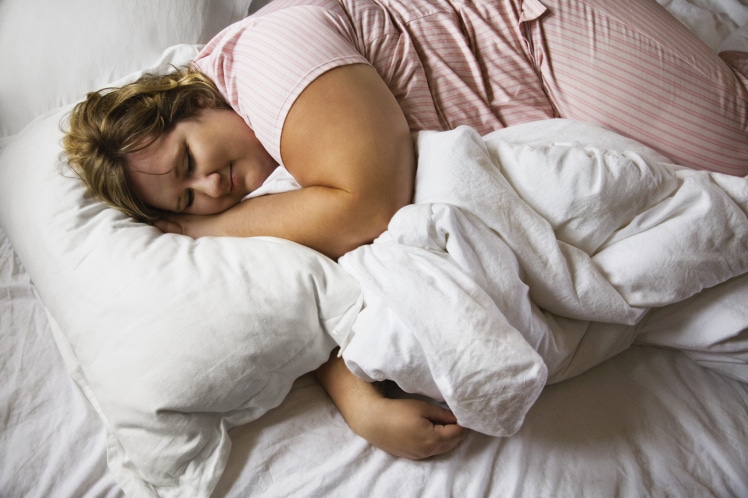
New studies have come out linking lack of sleep with obesity. It seems that the two go hand in hand rather frequently. We are going to go through the different complications obesity has on sleep, and a good night of rest at that. Also, how you can find temporary, as well as long term relief? We’ll have some answers for you as you continue reading below.
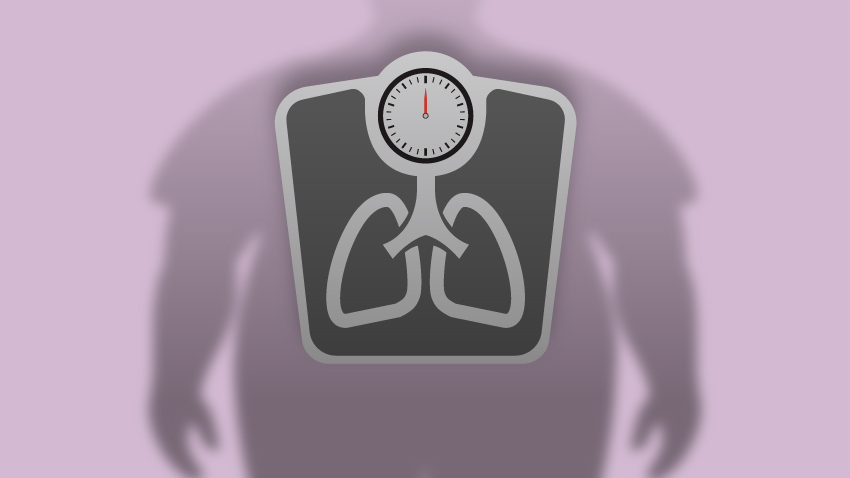
When you have excess weight on your body, especially on your chest, when you lay on your back it can become very difficult to breath. Even if the difference is slight and not too overwhelming, throughout the night your body will be struggling and working harder to breath normally.
This will decrease the quality of sleep you’re getting by quite a lot. If this continues to get worse Sleep Apnea and Obstructive Sleep Apnea is soon to follow.
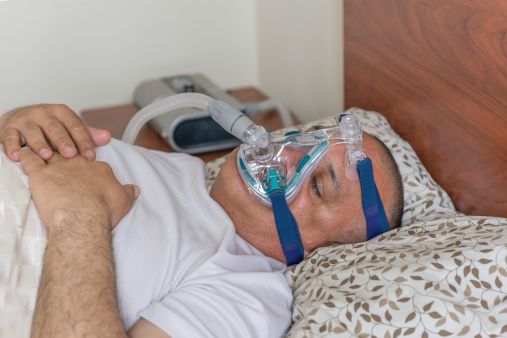 Short Term Relief –
Short Term Relief –Sleep apnea machines, it is amazing how well these machines work. There are several varieties that work in slightly different varieties but we should mention that these machines are often uncomfortable, loud, and expensive.
If it is comfortable, try to lay on your side. This may help you breath easier. If you are particularly heavy, this may not be an option right now. The excess weight can make sleeping on your side very uncomfortable. However, it is the best sleeping position for snoring.
Loose weight. The really great new is that while obesity drastically increases the likelihood that you will have OSA, it is almost completely reversible with weight loss. So if you get on an exercise and diet routine that works for you and you start to loose weight, you will very likely notice a lot of your OSA symptoms decrease or go away entirely.

To your back from neck to tailbone are likely to have chronic pain. remaining in a laying position for an extended period of time can increase these aches and pains, making it difficult to sleep and for painful mornings.
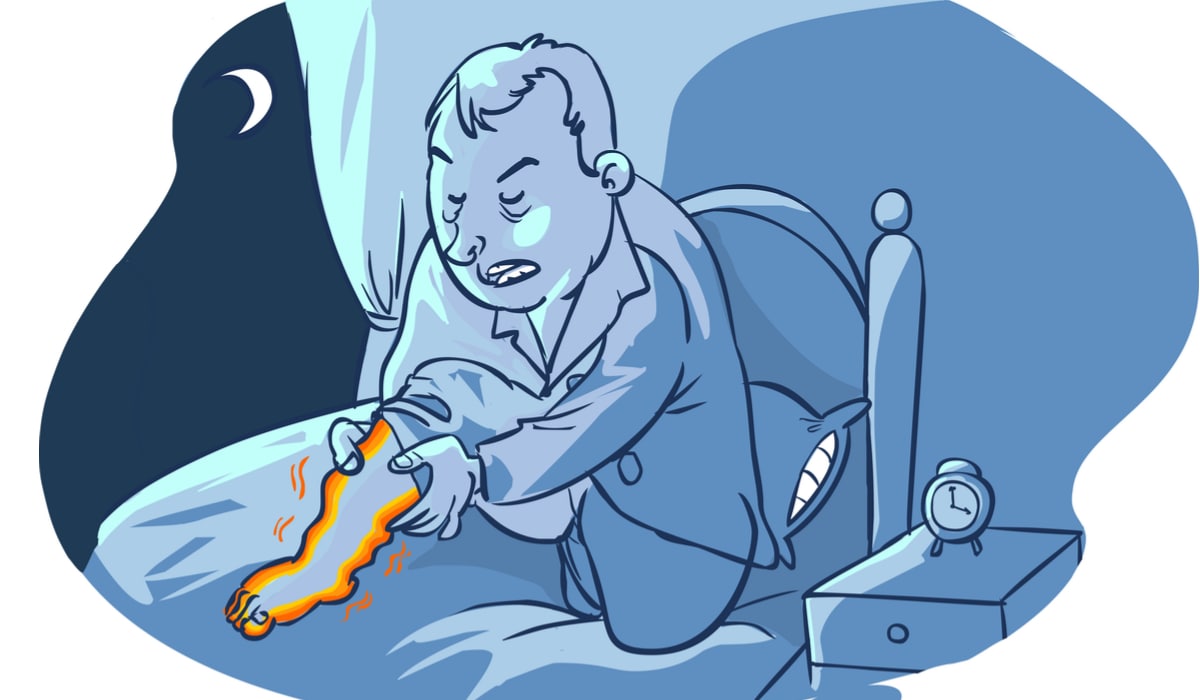
This does not directly link obesity as a direct cause of RLS, however it does go to show that there is a correlation between excess weight carried in the belly, and RLS. With weight gain being a reversible risk, there is a lot of hope that with weight loss, especially around the stomach, RLS symtpoms have the potential to subside.
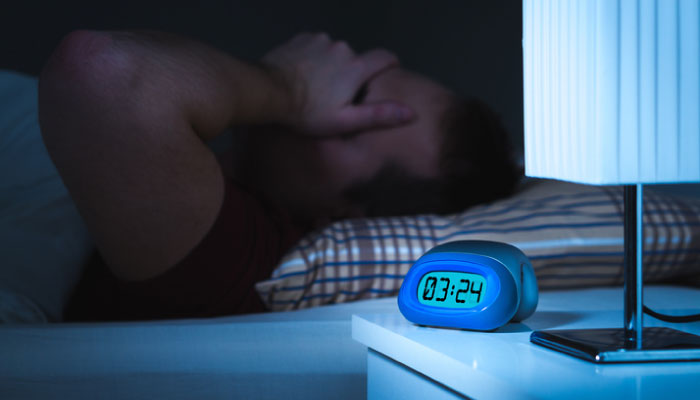
Eating these processed foods and not getting exercise then lowers the quality of the sleep we get through the night. In turn starting the cycle over of poor health choices and struggling to get a good nights rest.
Did you know exercise can help you sleep better? Check out our post Exercise & Sleep to learn how.

Most depression is caused by an imbalance of hormones in the brain, making it difficult to regulate and perceive emotion. These hormones like serotonin are needed for your body to naturally produce melatonin. Without melatonin, you will find it very difficult to get to sleep naturally.
Now that you know some of the culprits to lower quality sleep, you can introduce the solutions. Below are several ways to not only improve sleep, but your overall health too. Since the majority of the links to your sleep quality start with your weight, many of these suggestions are to help manage a healthy lifestyle. However, we strongly suggest and encourage you to first discuss any health concerns with a health care professional to ensure you are going about these steps in the best way for you.
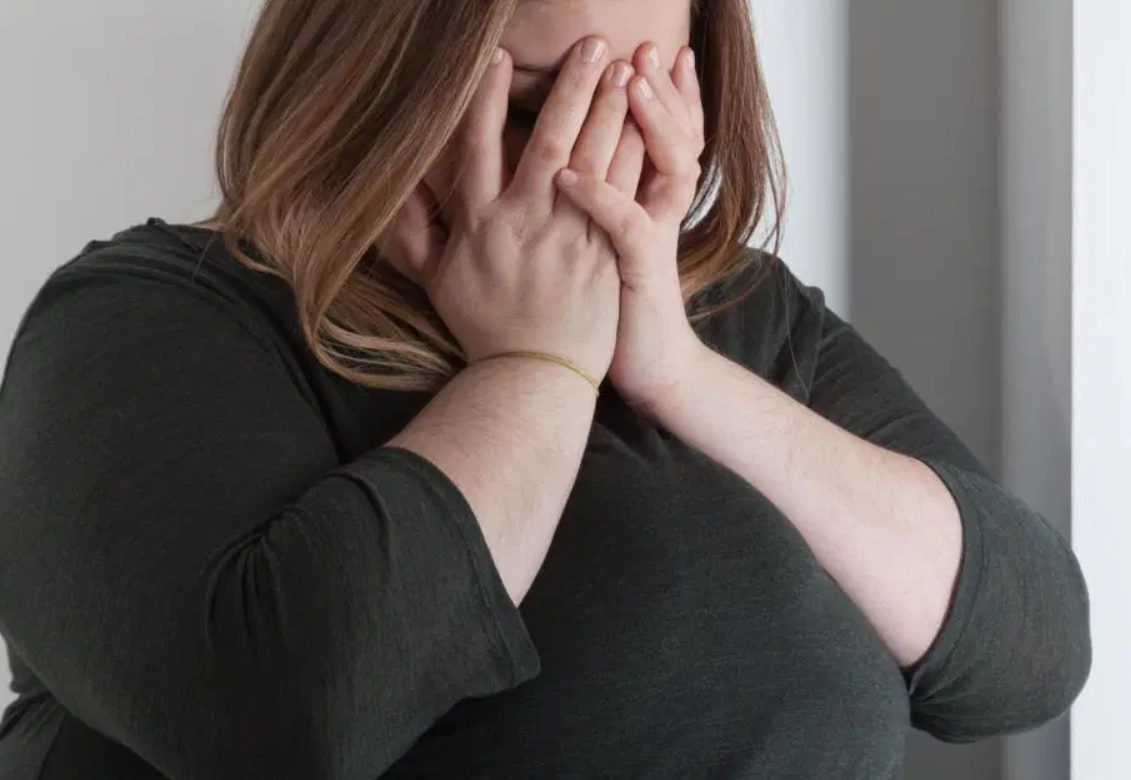
If you can change jobs, take a lighter class load, delegate tasks to others, or whatever it takes to significantly decrease the amount of stress in your life, then it is absolutely worth making those changes.
Although no matter how easy we try to make our lives, stress has a way of sneaking in when you least expect it. This is why it is important to also have a healthy coping mechanisms for when stress pops back into your life again.

As your body adjusts to this new schedule, you can increase the length of your walking to 2-3 hours. Or you can start increasing speed or resistance to your exercise routine. Not only will the exercise help you to loose weight, it is also a great coping mechanism for relieving stress and depression. Both of which can lead to insomnia.
If you are heavier and not sleeping on a mattress suitable for your size you might be suffering. Making sure you get a mattress that is solid, yet comfortable is very important. And may even be more so if you are heavy. We recommend several fantastic options that are geared directly towards larger than average people. Each providing a great feel and long lasting support.
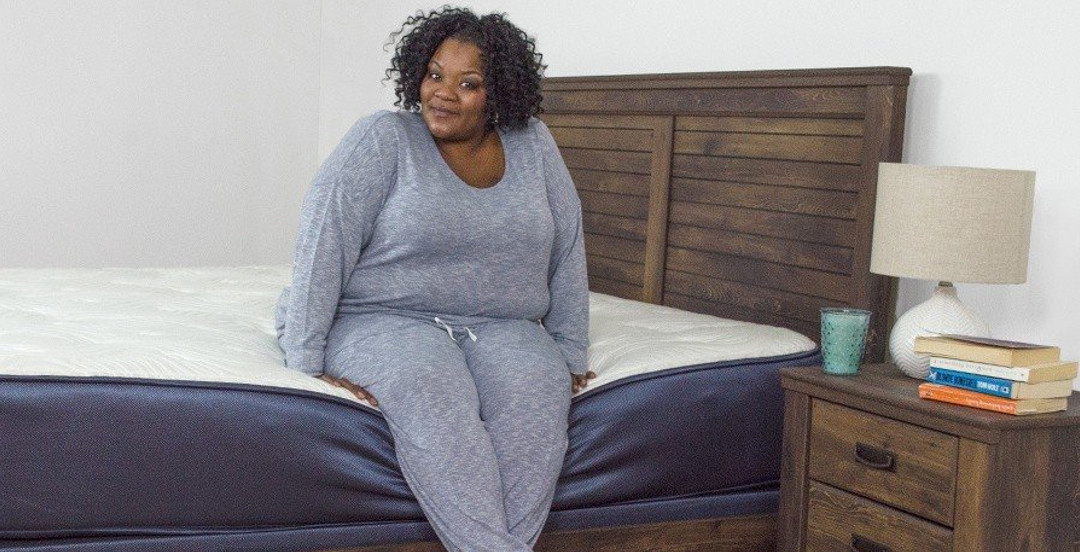 WinkBeds Plus Mattress Review & Coupon
WinkBeds Plus Mattress Review & Coupon All of these options will check the box for a variety of reasons. For more recommendations also check out our Best Mattresses for Heavy People too.
The way you eat greatly impacts not only your weight and general health and well being, it also effects how you sleep. Eating healthy whole foods instead of processed foods can really change the way you sleep.
 Eat Less…
Eat Less… Whole Fruits & Vegetables – high in vitamins and minerals necessary to keep your body functioning properly.
Whole Fruits & Vegetables – high in vitamins and minerals necessary to keep your body functioning properly.Without sleep, you are likely yo gain weight. As you gain weight, you are likely going to struggle to get a good nights rest. Fortunately as you start to fix one issue, you will likely begin to see results with the other. We know it sounds cliche, but with a combination healthy diet and exercise you really can loose weight and begin to get a good nights sleep again. Along with a number of other positive health benefits along the way. We hope we’ve inspired you to make the life changes necessary to get on the path to good health and a great nights rest.
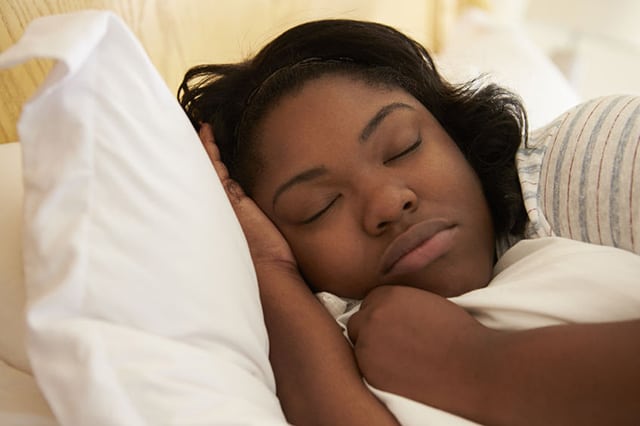
Have more questions for us? Feel free to visit our Contact Us page and send us an email. We would love to hear from you and help out in anyway we can.
Our Texas Showrooms Are Here To Help With All Your Favorite Online Brands! And We Offer Exclusive Coupons To Save More!
Learn More